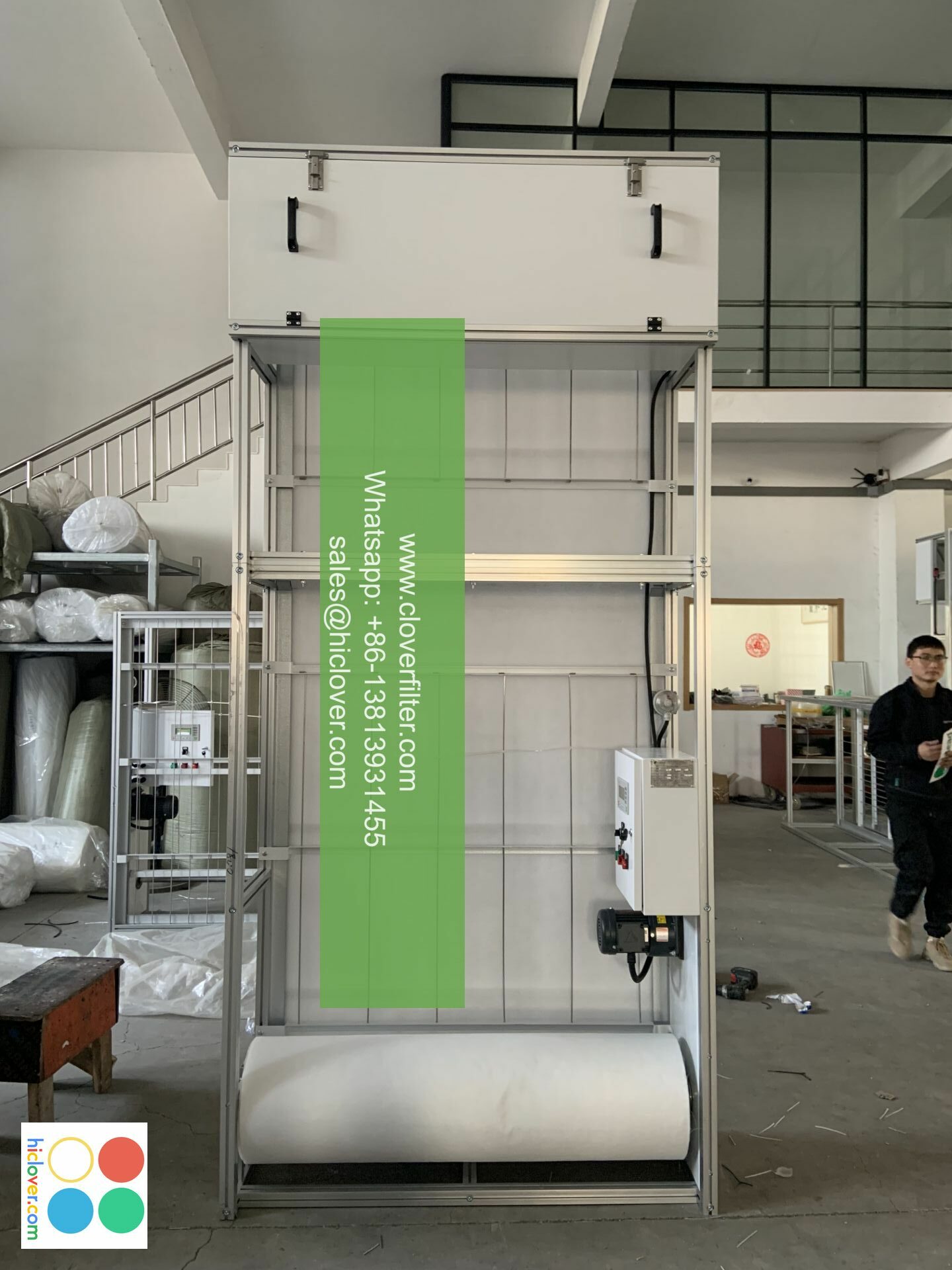The Science Behind High-Performance Air Filter Technology

The Science Behind High-Performance Air Filter Technology: Elevating Air Quality and Efficiency
Clean air is essential for human health, productivity, and well-being. In today’s fast-paced world, air pollutants and contaminants accelerate, warranting the need for high-performance air filter technology. In this article, we delve into the science behind the latest advancements in air filtration systems, and explore the benefits and applications of high-performance air filters across various industries.
The Importance of Air Filtration
Airborne pollutants, such as pollutants, viruses, and particulate matter, can significantly impact human health, equipment performance, and overall productivity. Effective air filtration systems can remove these contaminants, safeguarding the well-being of occupants and equipment alike.
The Science of Air Filter Technology
Advanced air filters rely on the principles of air pressure, electrostatic charges, and surface area to capture pollutants. High-performance air filters employ unique technologies to:
- Capture extremely small particles: Using advanced materials and designed structures, these filters can capture particles as small as 0.01 microns, including viruses, bacteria, and minute dust particles.
- Activate molecular attraction: Electrostatic charges or chemical coatings attract and trap pollutants, ensuring maximum capture efficiency.
- Maximize surface area: Optimized filter geometries and surfaces increase the area available for contaminant capture, enhancing overall efficiency and performance.
Key Features of High-Performance Air Filter Technology
- High Efficiency: High-performance air filters capture a significant percentage of airborne contaminants, significantly reducing the risk of airborne transmission of diseases and improving overall air quality.
- High Dust Holding Capacity: These filters can retain large volumes of particles, minimizing the need for frequent replacements and reducing maintenance costs.
- Low Pressure Drop: Advanced air filter designs minimize flow resistance, ensuring optimal airflow while reducing energy consumption and wear on equipment.
- Chemical Resistance: High-performance air filters can withstand exposure to chemicals, gases, and other corrosive substances, making them suitable for use in harsh environments.
Applications of High-Performance Air Filter Technology
High-performance air filters have far-reaching applications across various industries, including:
- Healthcare: High-performance air filters can be used in hospitals, clinics, and medical facilities to reduce the spread of airborne diseases and ensure a healthy environment for patients and staff.
- Industrial Manufacturing: These filters can improve air quality in factories, reducing equipment downtime and maintenance costs while increasing productivity and staff well-being.
- Office and Commercial Spaces: High-performance air filters can create healthier, more comfortable work environments by removing airborne pollutants and improving indoor air quality.
- Residential: Homeowners can benefit from high-performance air filters, especially those with pets, allergies, or sensitive respiratory issues.
In conclusion, high-performance air filter technology has revolutionized air quality control, offering numerous benefits in various applications. By understanding the science behind these advanced filters, industries can reap the rewards of improved air quality, reduced maintenance costs, and enhanced overall performance. Whether in healthcare, manufacturing, commercial, or residential settings, high-performance air filters are a vital investment for a healthier, more productive, and more efficient future.
I’m happy to help! However, it seems that you haven’t provided a prompt for me to work with.
Please go ahead and provide a prompt, and I’ll do my best to assist you with whatever you need. It could be a question, a topic you’d like to discuss, a creative writing prompt, or anything else that’s on your mind. I’m ready when you are!


